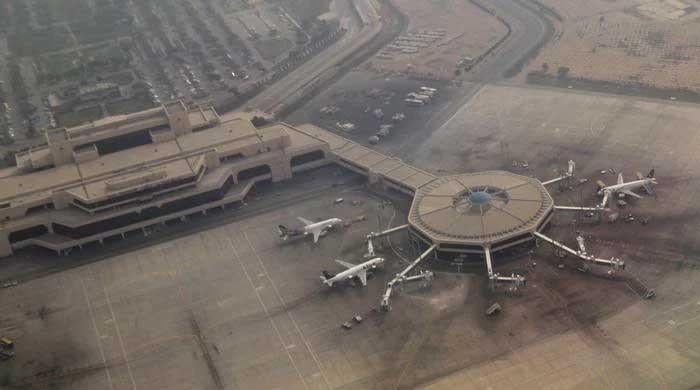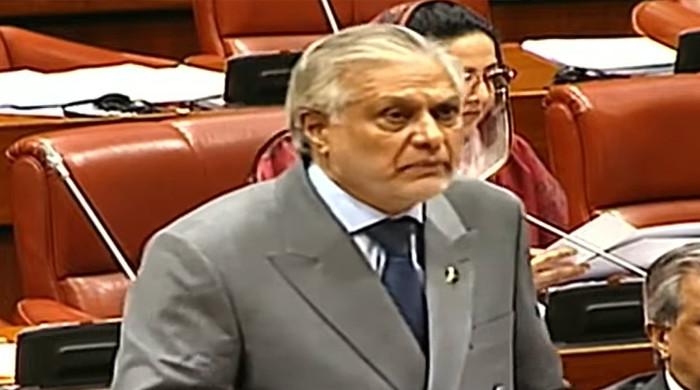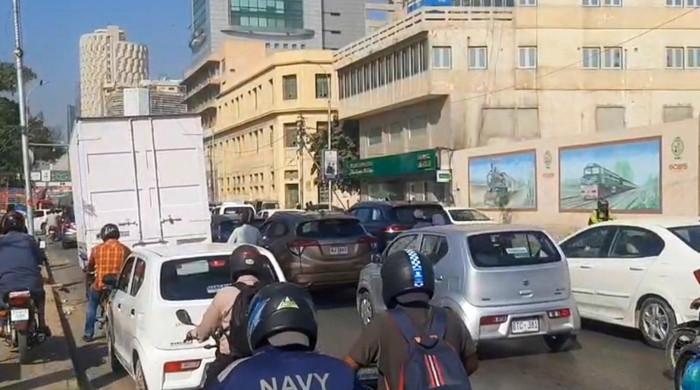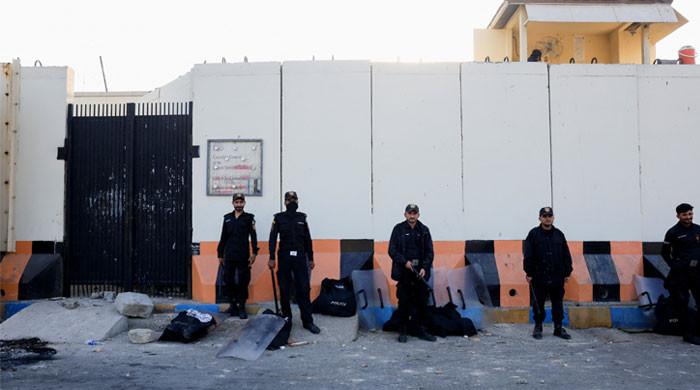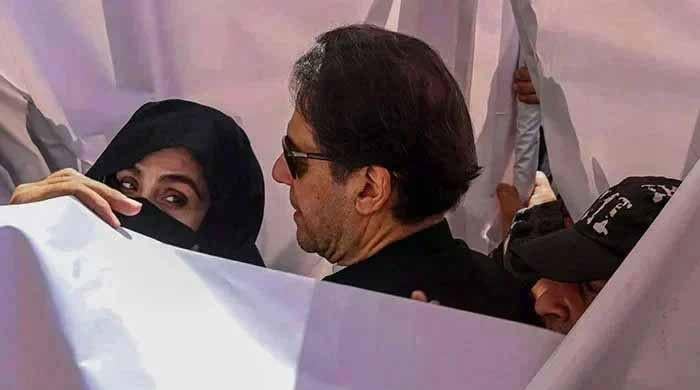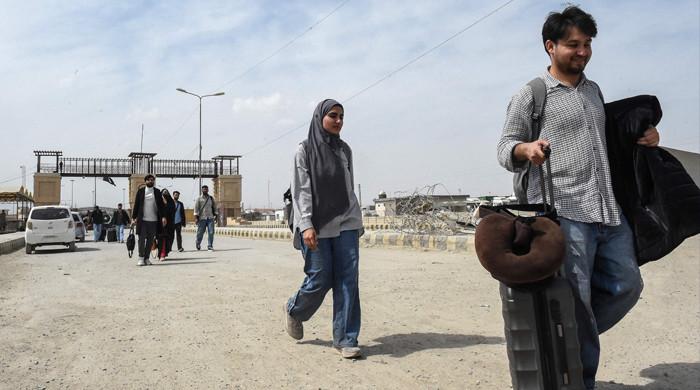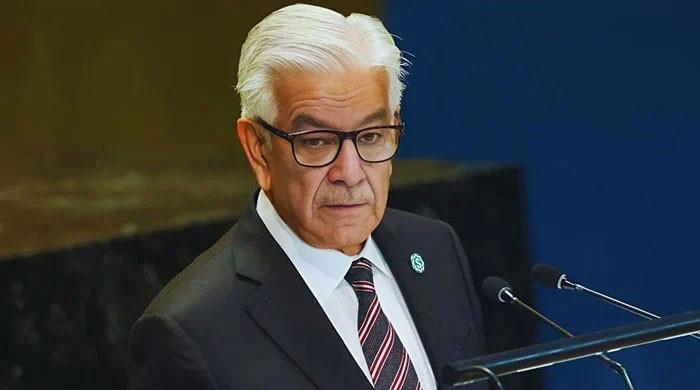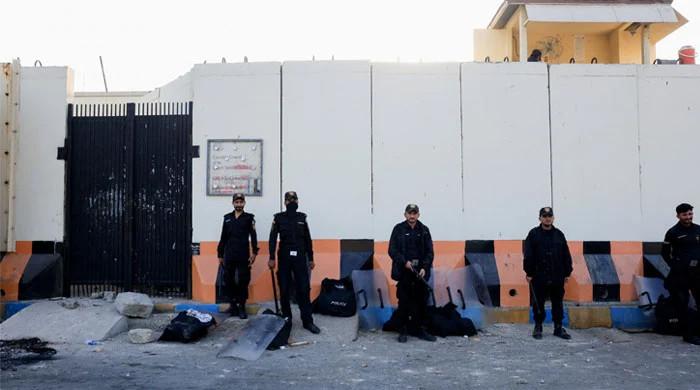Business tycoons express interest in taking over controversial copper and gold mines
Reko Diq mines one of the largest undeveloped copper and gold deposits in the world
October 26, 2019
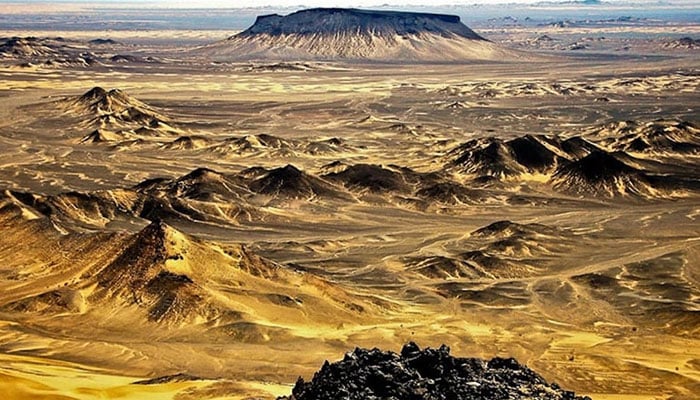
ISLAMABAD: Pakistan’s top business tycoons have offered to take over the disputed copper and gold deposit that was once explored by international firms Barrick Gold Corp and Antofagasta Plc, according to people familiar with the matter.
Officials of the Balochistan government are said to have met with a consortium of four business groups, including tycoons Arif Habib and Muhammad Ali Tabba, who are willing to invest about $1 billion of their own cash in the project, sources said.
Also read: Reko Diq case: ICSID imposes $6 billion penalty on Pakistan
The consortium is willing to go through a bidding process to take over the project, according to reports. A spokesperson for the provincial government, when asked about the developments by The News, did not respond to the requests for comment.
An international tribunal run by the World Bank in July ordered Pakistan to pay $5.8 billion in damages to Barrick Gold and Antofagasta after the country denied them a license to develop the Reko Diq mine in 2011.
Also read: Saudi energy chief to visit Gwadar tomorrow, likely sign MoU to set up oil refinery
Collecting the funds though, may be a challenge, given Pakistan’s fragile economic state. The damages almost match the International Monetary Fund’s $6 billion bailout for Pakistan earlier this year.
The provincial chief minister has expressed a preference for Pakistani companies to take over the mine, a Pakistani English daily reported earlier this month. Several business groups have shown interest in the mining project.
Also read: PHC sets up two child courts in Khyber Pakhtunkhwa
These include the Yunus Brothers Group, that owns Lucky Cement Ltd, and the Arif Habib Group, as well as the Fatima Group and the owners of Liberty Power Tech Ltd, sources said. The four are being led by Shamsuddin Shaikh, who spearheaded a group of companies to mine coal from Pakistan’s Thar desert.
Reko Diq is one of the largest undeveloped copper and gold deposits in the world, capable of producing 200,000 tons of copper and 250,000 ounces of gold a year for more than half a century, according to a feasibility study of the project before the dispute.




